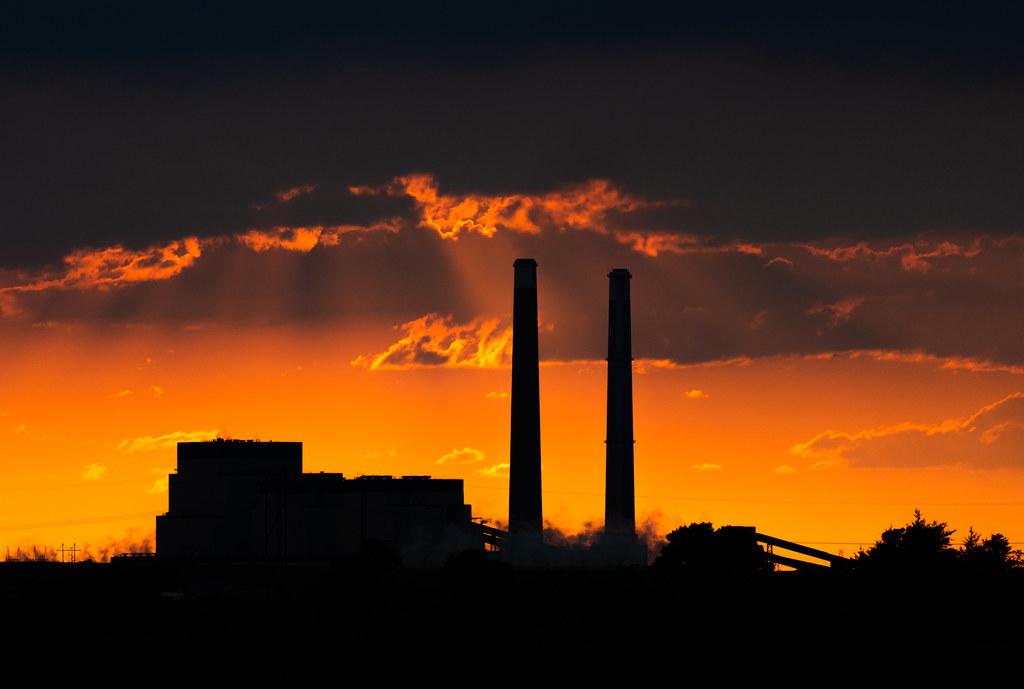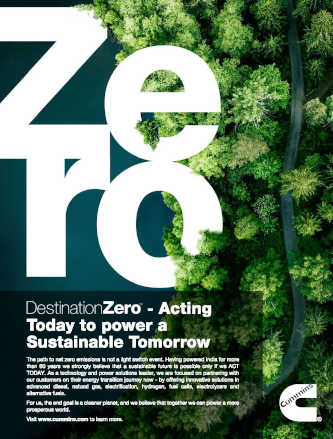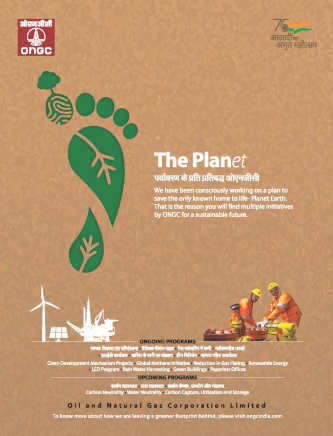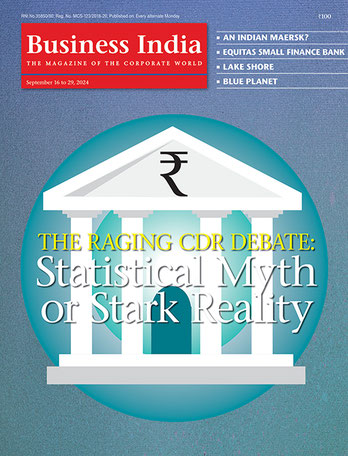A recent study by the International Energy Agency (IEA) found that energy-related carbon dioxide emissions levels around the world flattened at 33 giga tonnes in 2019. This comes in light of two years of increasing emission levels and a growing global economy that expanded by 2.9 per cent. Among the many factors for the flatline are a drop in emissions rates from power generation in advanced economies – stated in the study as Australia, Canada, Chile, European Union, Iceland, Israel, Japan, Korea, Mexico, Norway, New Zealand, Switzerland, Turkey, and United States – spurred by the adoption of renewable energy sources and fuel switching from coal to natural gas. As per the data, “Advanced economies saw their emissions decline by over 370 mt [million tonnes] (or 3.2 per cent), with the power sector responsible for 85 per cent of the drop.” Numbers show that the generation from coal-fired plants in advanced economies declined by nearly 15 per cent and the growth of renewables delivered 130 mt of CO2 emissions savings last year. “We now need to work hard to make sure that 2019 is remembered as a definitive peak in global emissions, not just another pause in growth,” said Dr Fatih Birol, the IEA’s Executive Director. The largest decline in energy-related carbon dioxide emissions last year was seen in the United States, with a fall of 2.9 per cent. US emissions are now down by almost 1 giga tonne from their peak in 2000. Milder summers and winters also saw lower demand for cooling and heating services, which brought down overall power needs. Similar weather patterns globally in many large economies compared with 2018 also reduced emissions by around 150 mt. Outside of advanced economies, emissions grew by nearly 400 mt last year, with most of it (80 per cent) coming from Asia as coal demand continued to rise in the region. China’s emissions were balanced out by slow economic growth and rising output from low-carbon sources of power. Closer to home, the study says, “Emissions growth in India was moderate in 2019, with CO2 emissions from the power sector declining slightly as electricity demand was broadly stable and strong renewables growth prompted coal-fired electricity generation to fall for the first time since 1973. Continued growth in fossil-fuel demand in other sectors of the Indian economy, notably transport, offset the decline in the power sector.” A further study of Indian data by ETEnergyworld showed that generation of coal-fired power plants fell for the first time in at least 13 years. The analysis found that India’s electricity generation from coal power plants was down 3 per cent during the April-December period of FY19-20 as compared to the same period last fiscal, according to data sourced from the Central Electricity Authority. Experts believe this could be in response to a slowing economy.
-

Global CO2 emissions from coal use declined by almost 200 million tonnes from 2018 levels. Credit: Tony Webster, licensed under CC BY-SA 2.0























